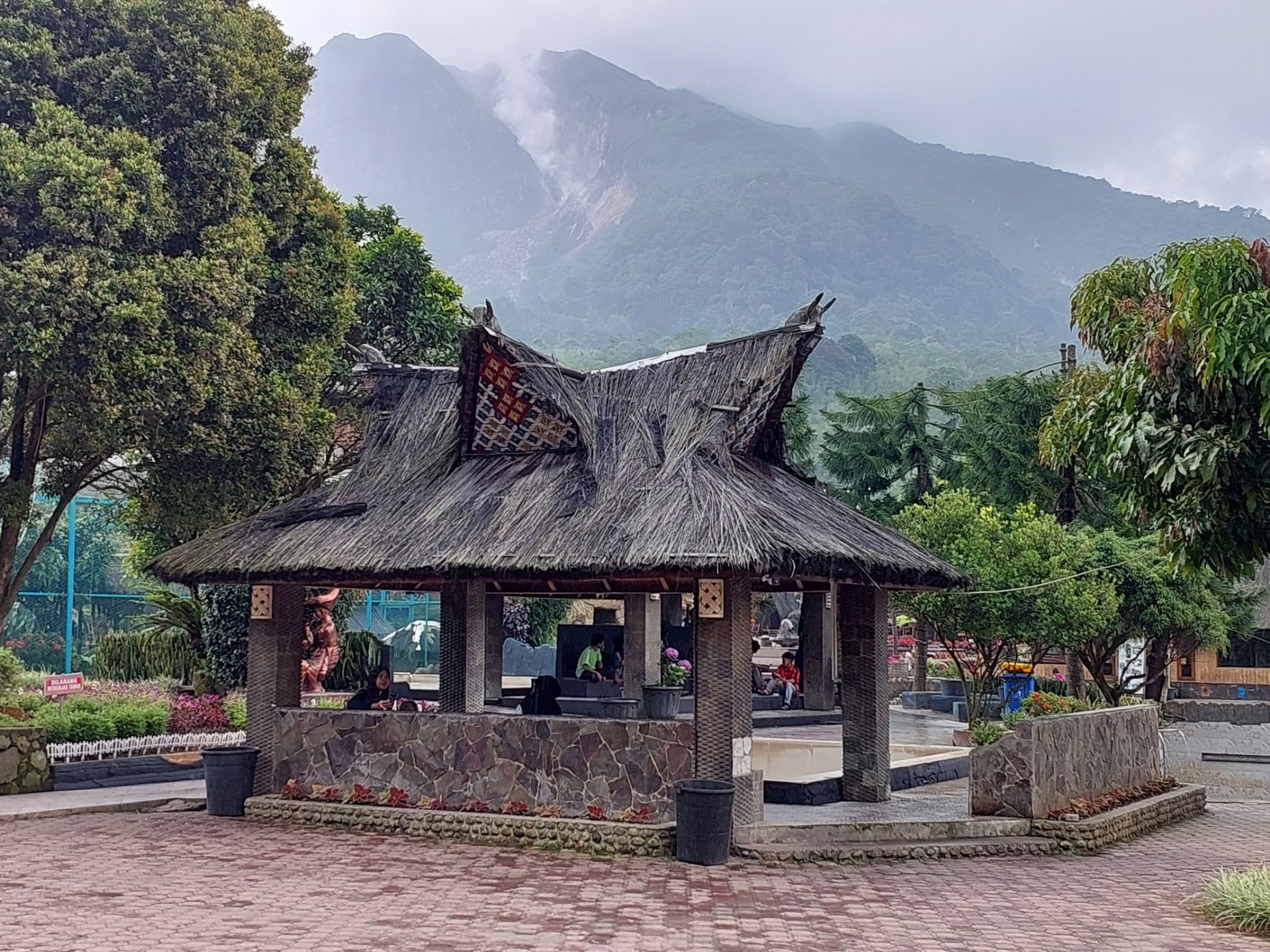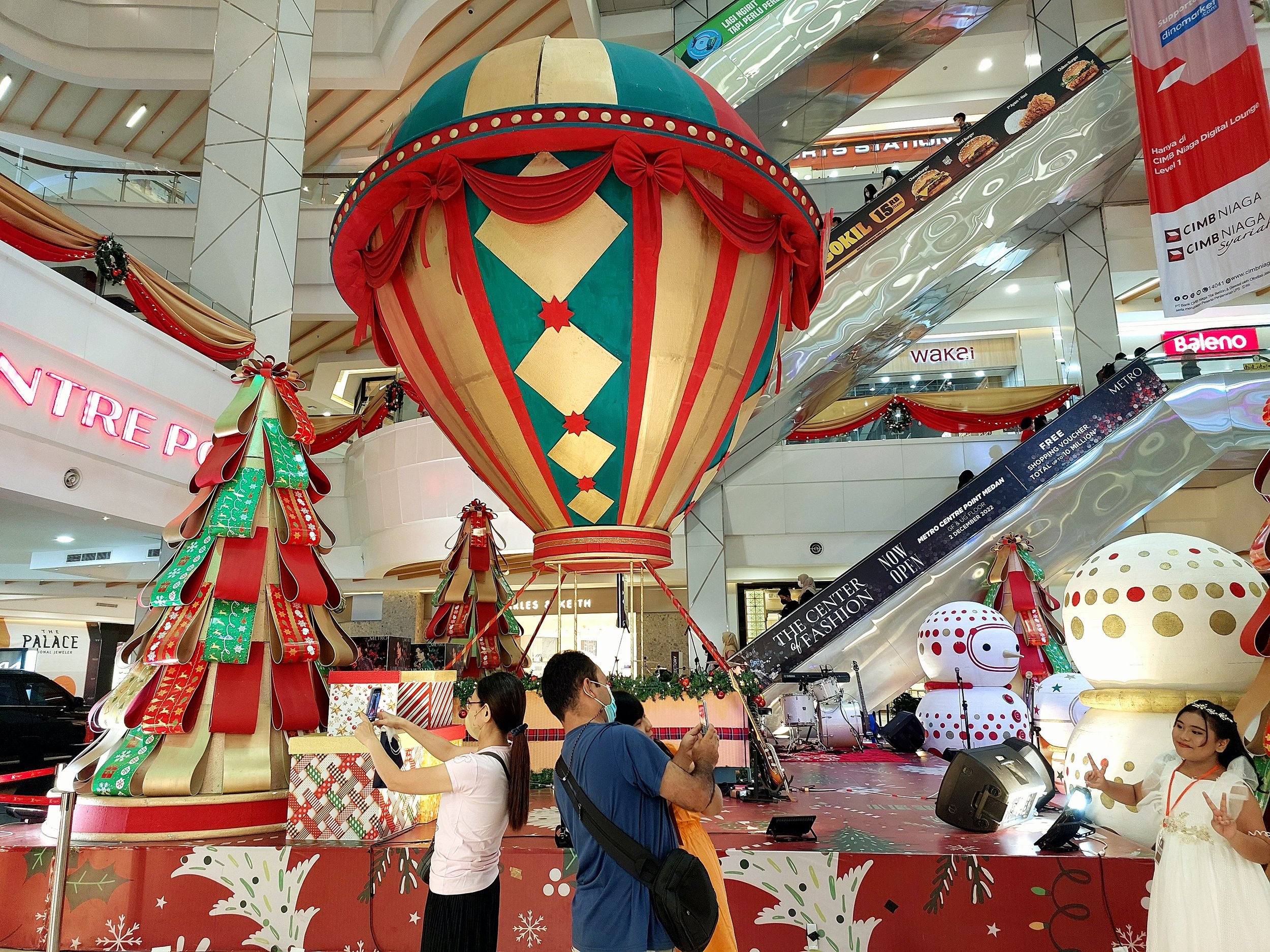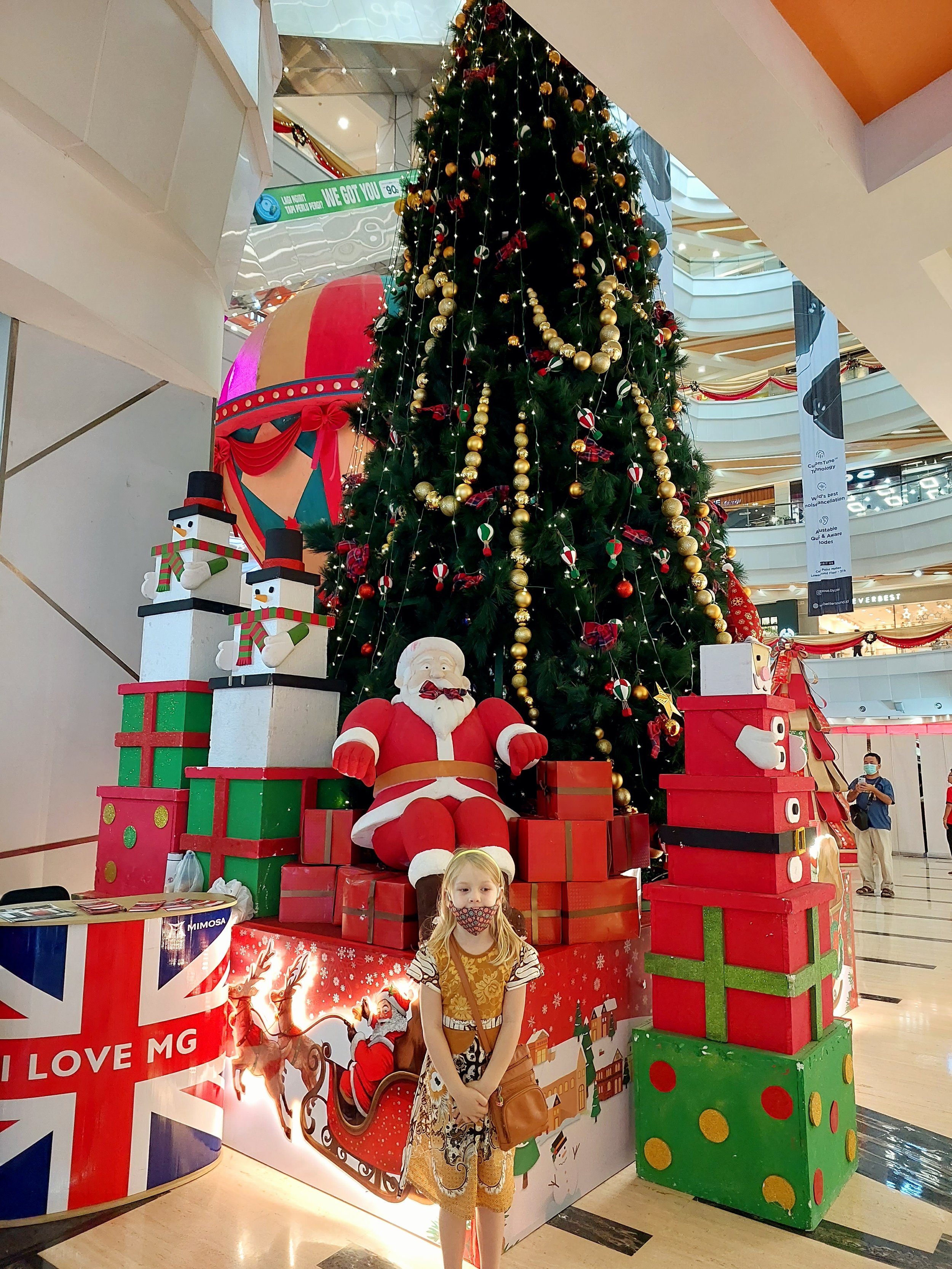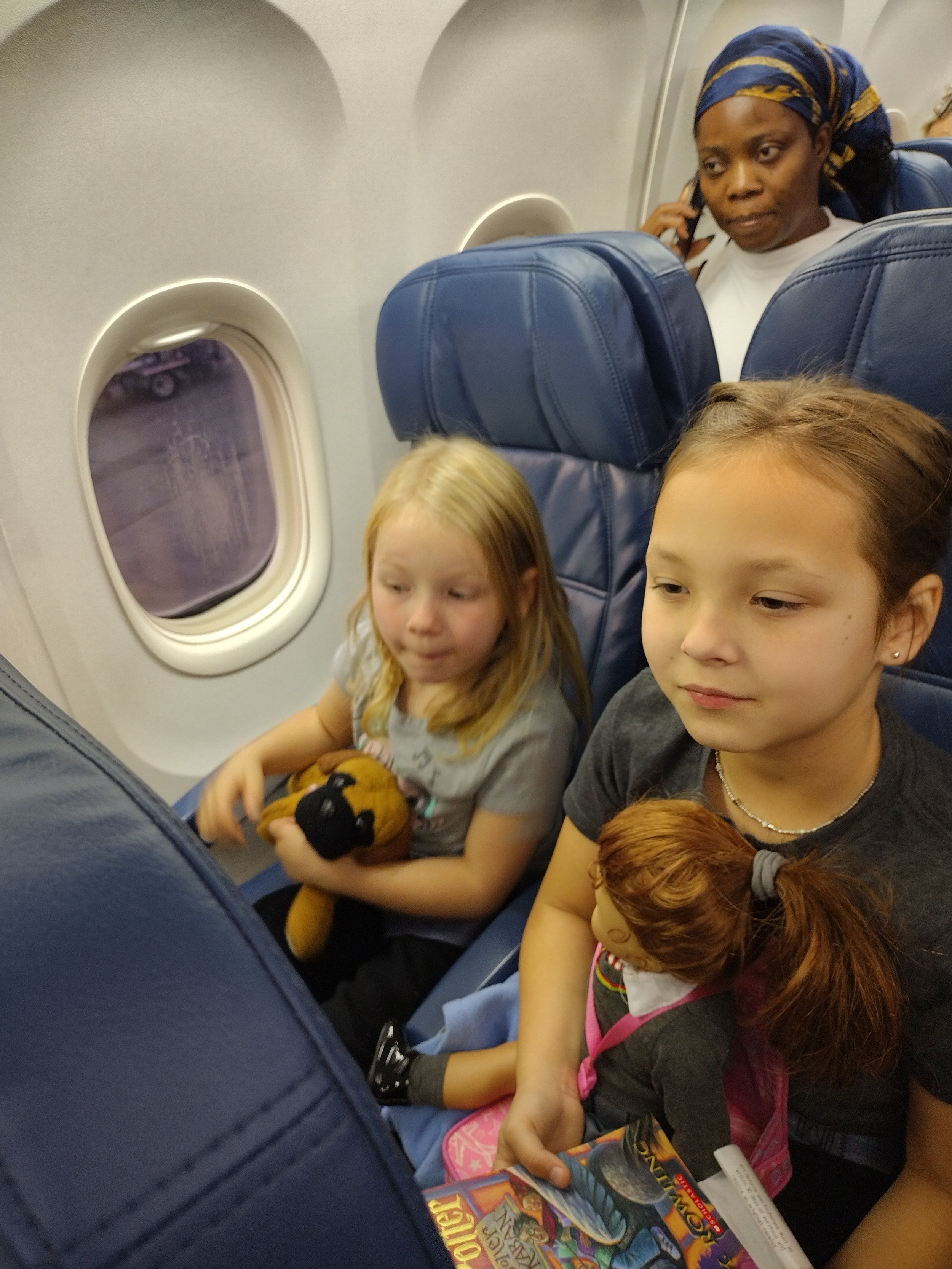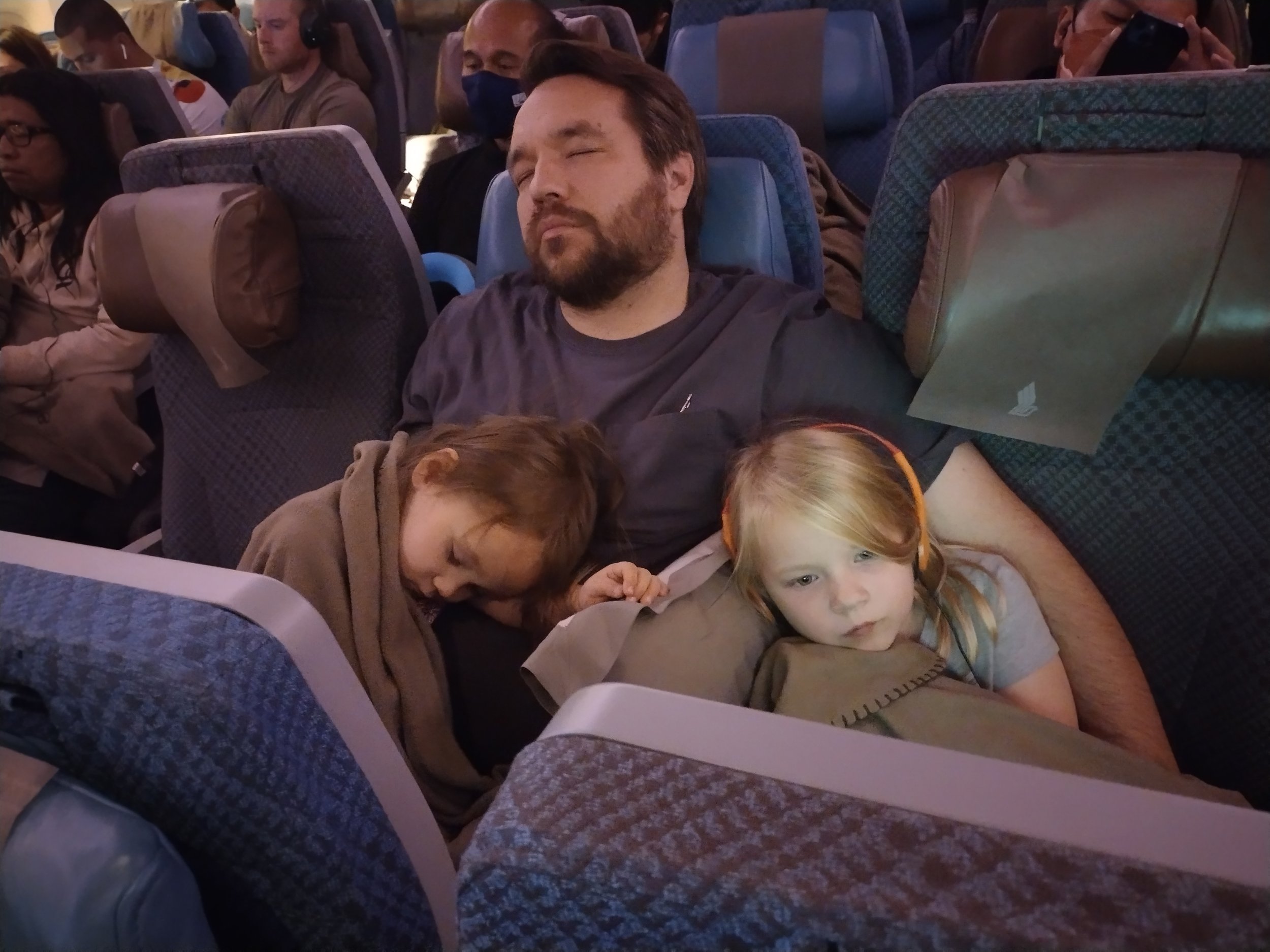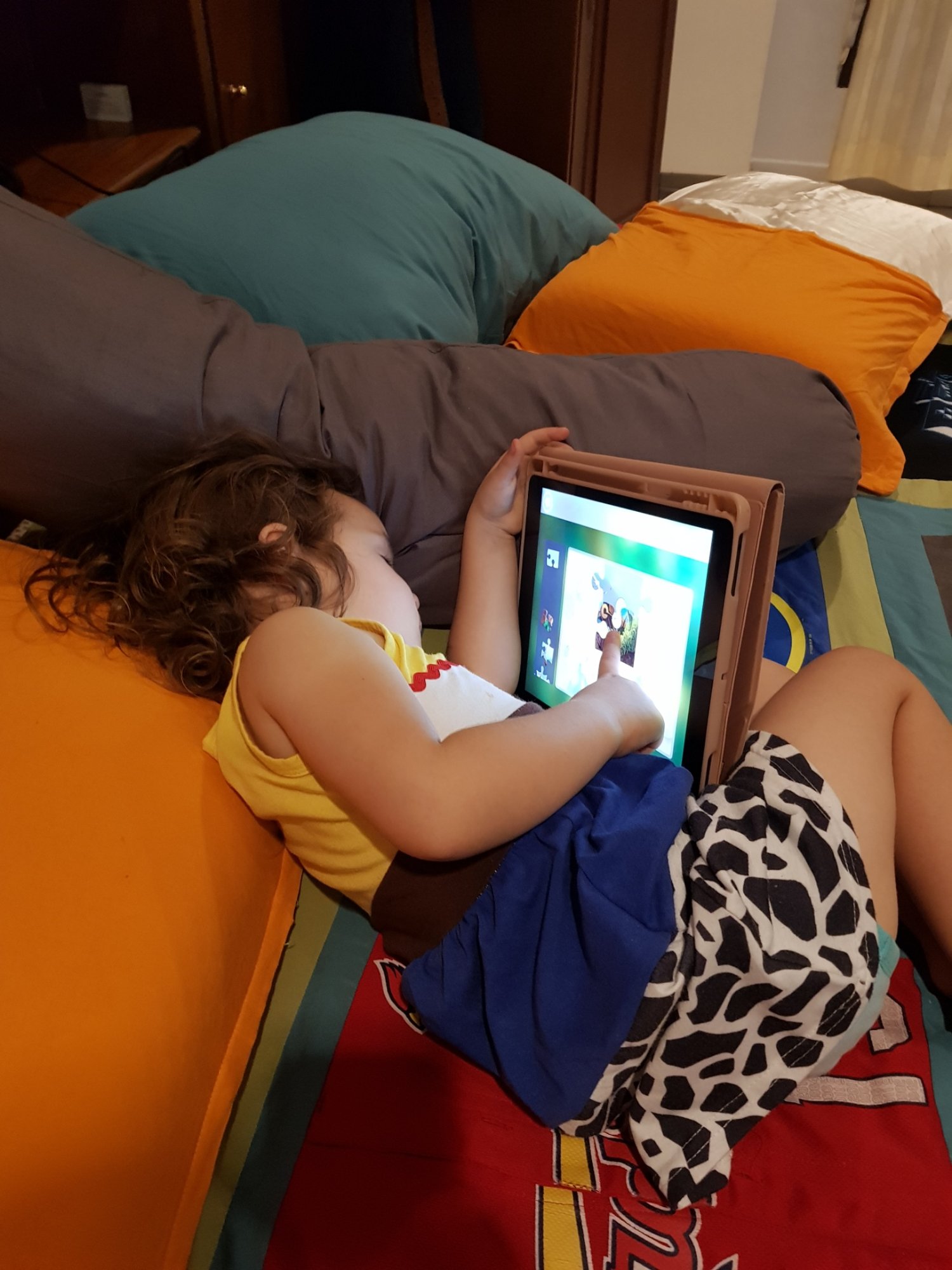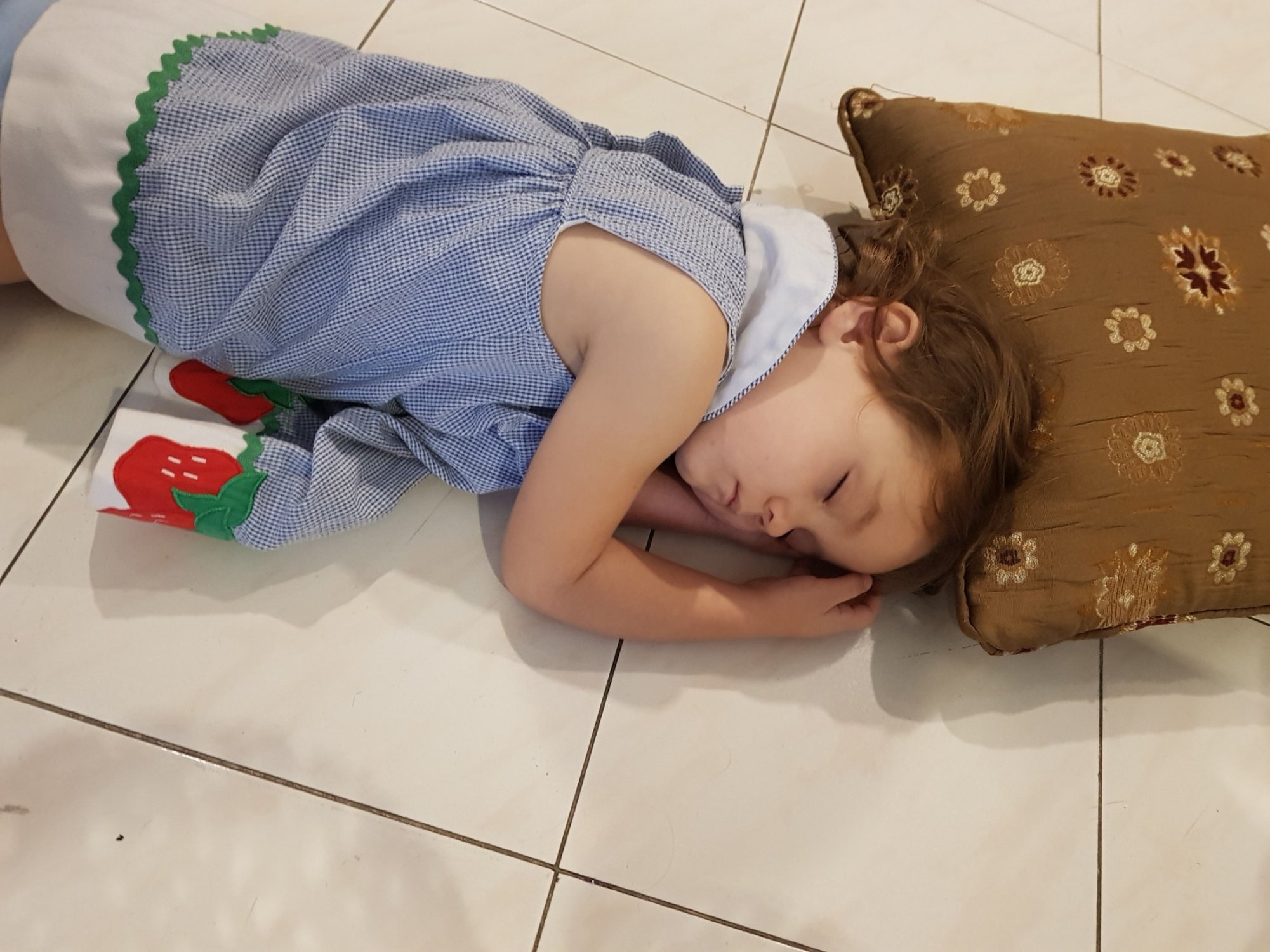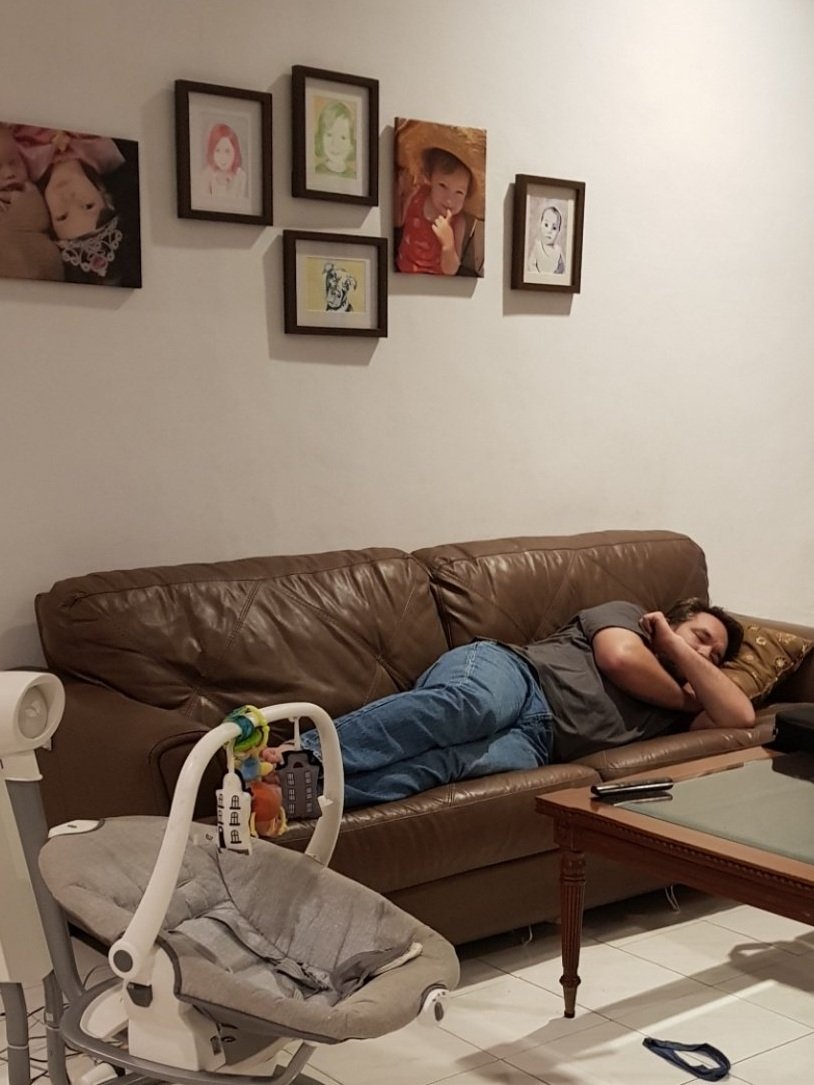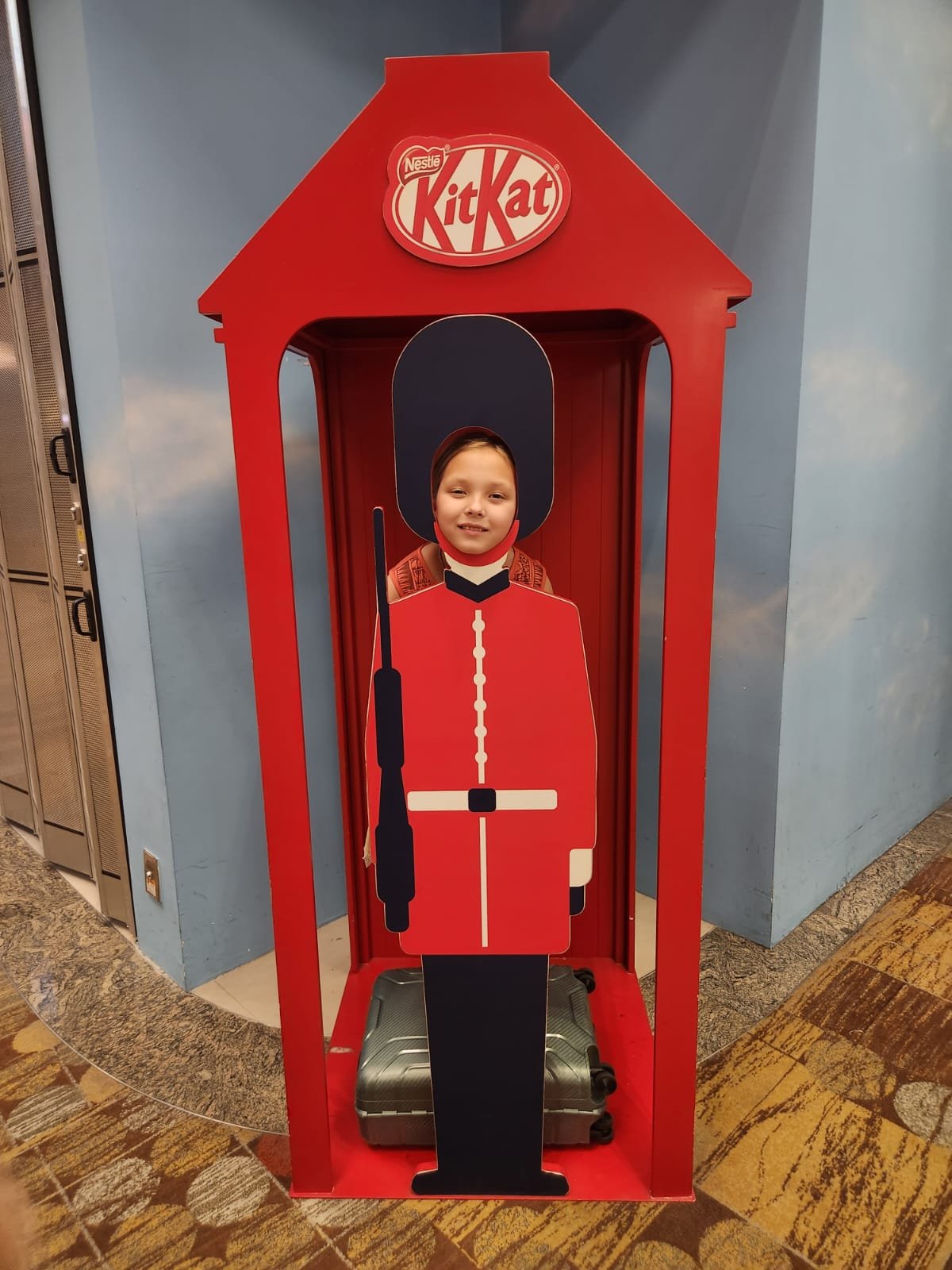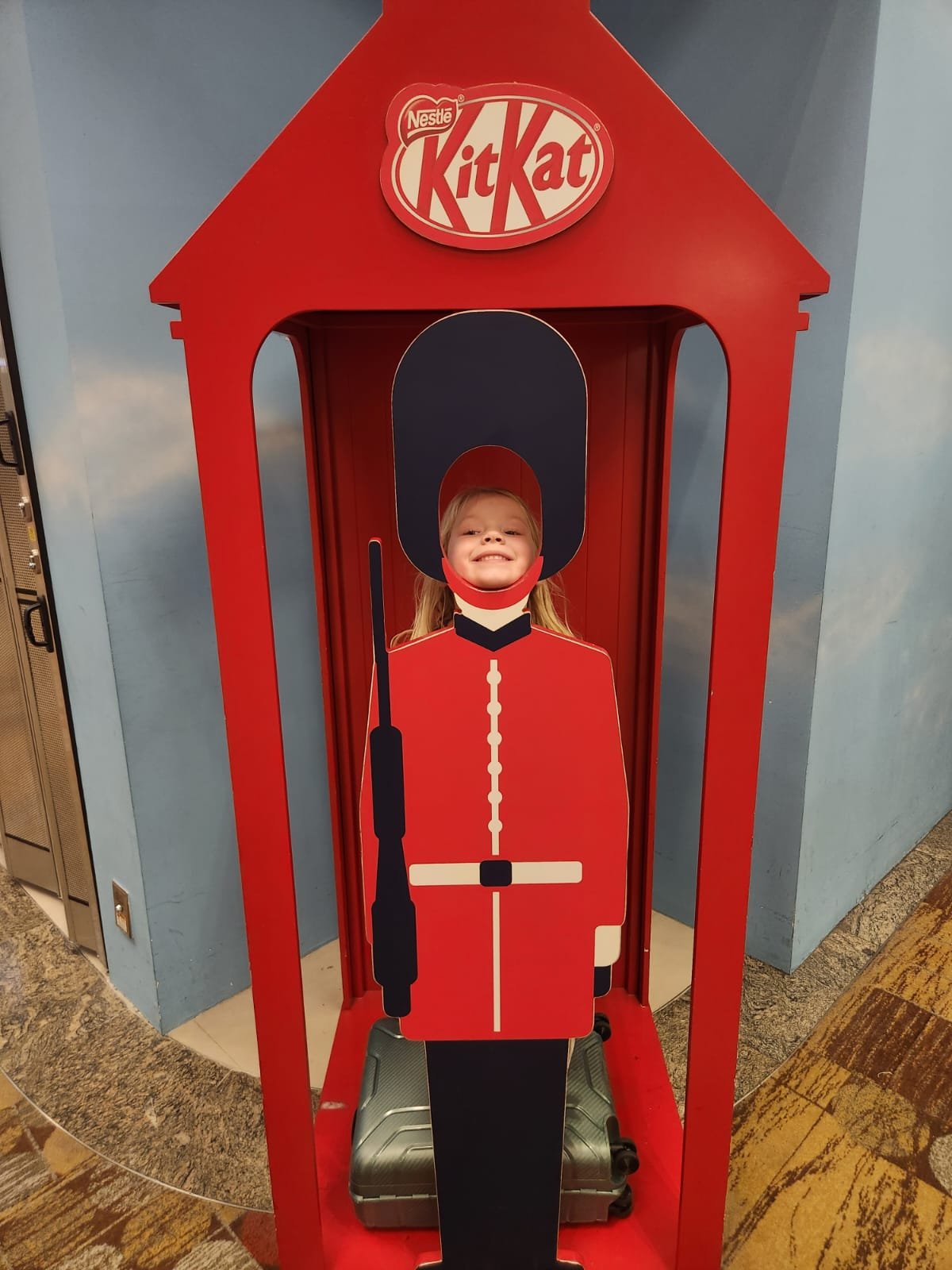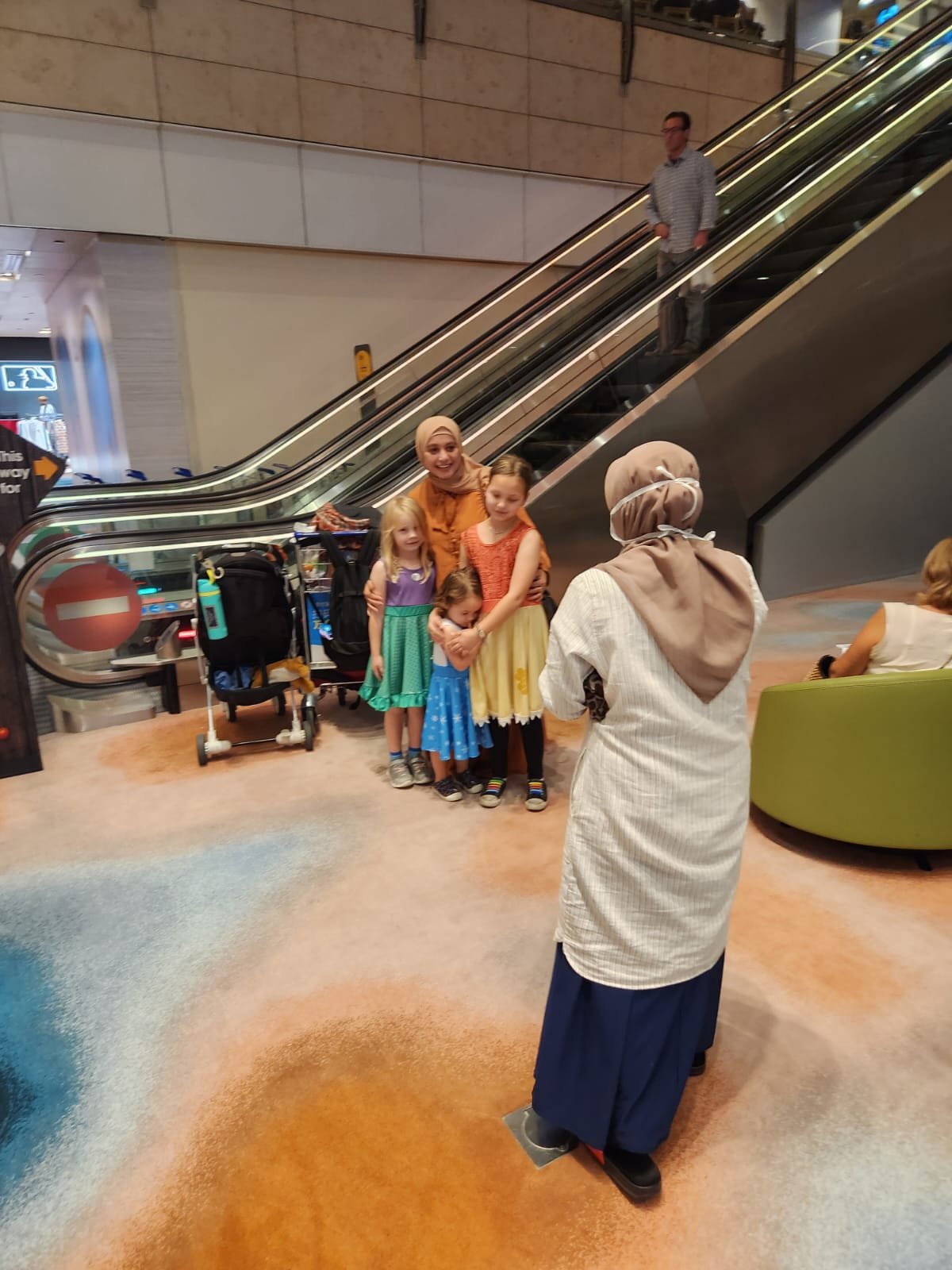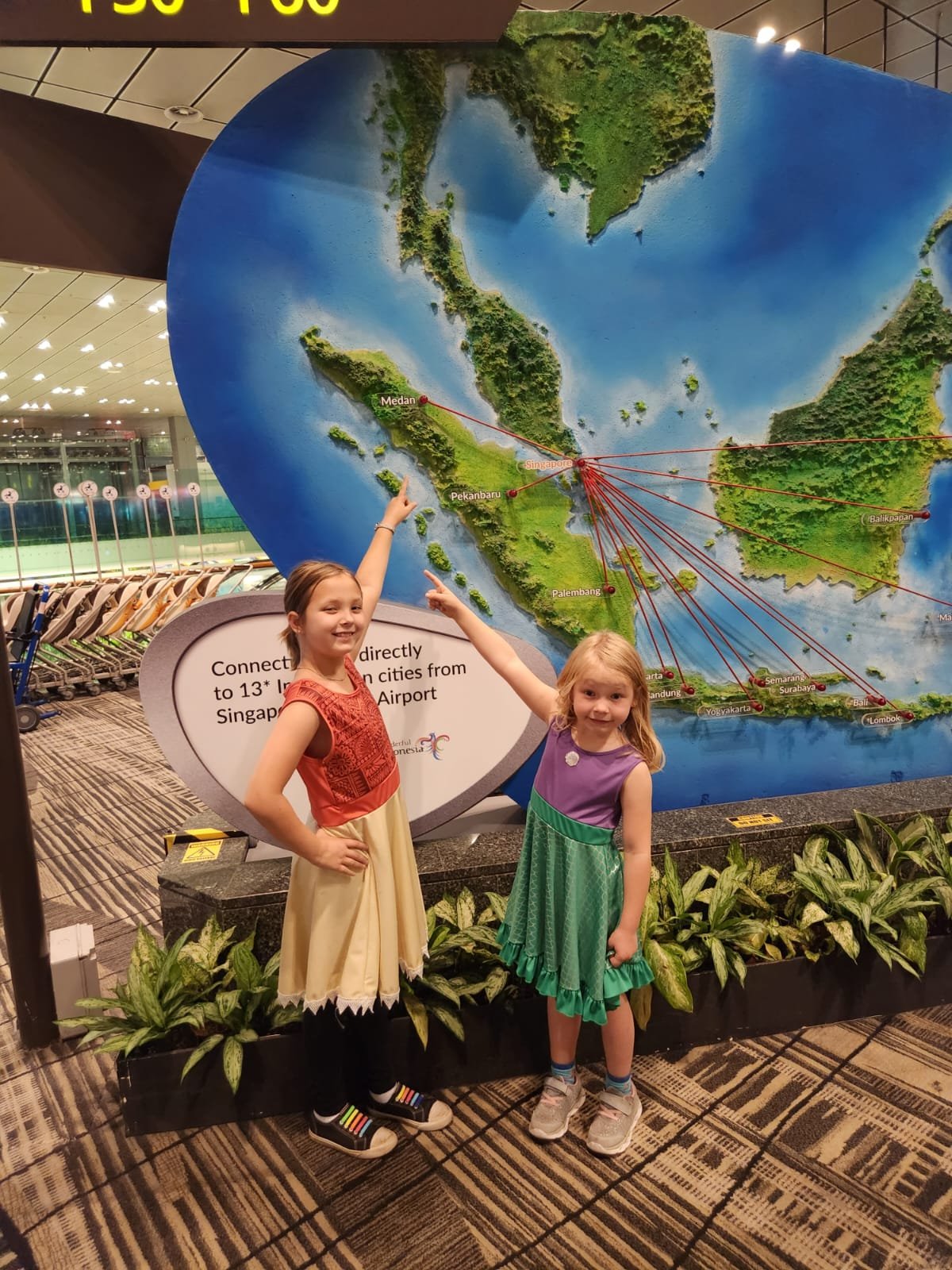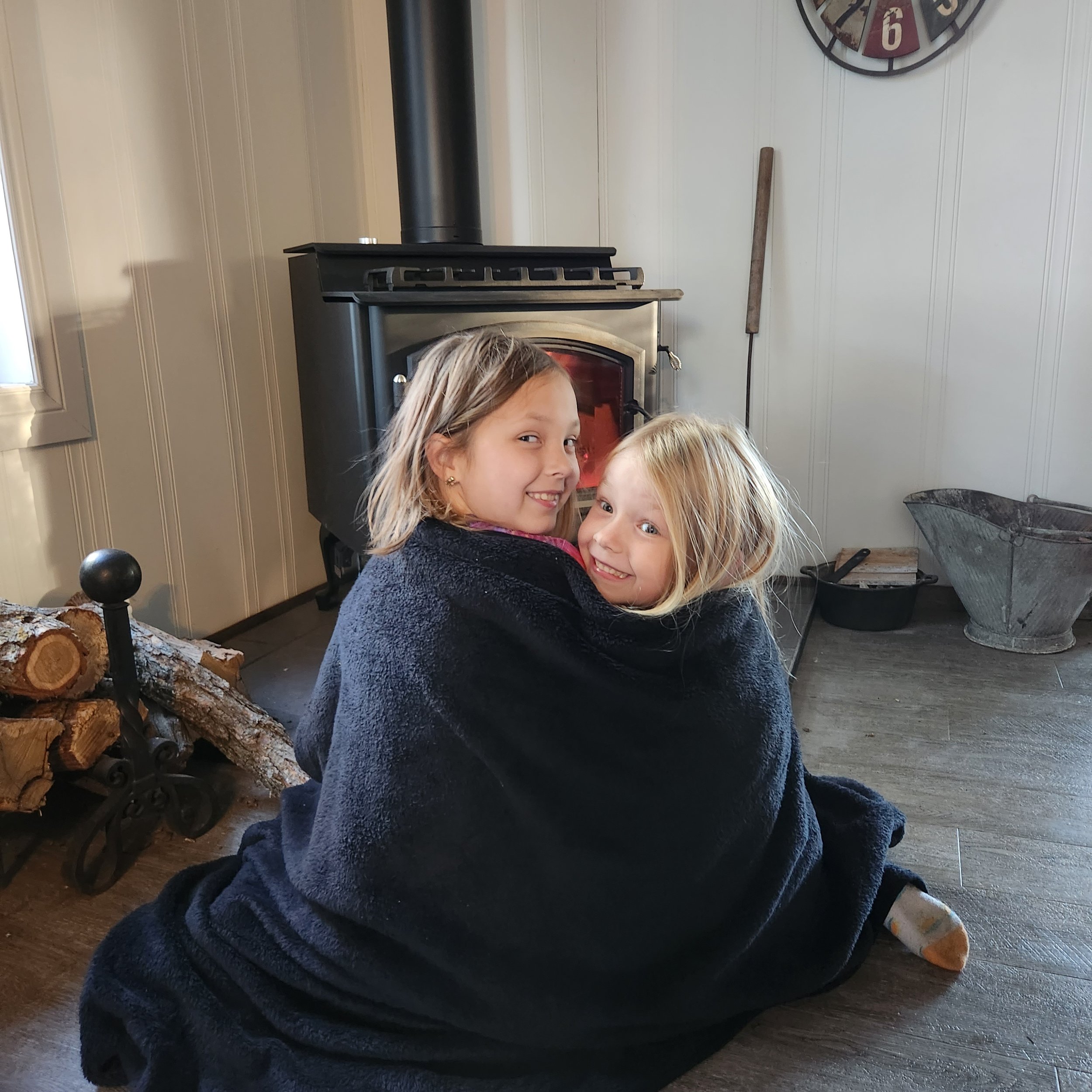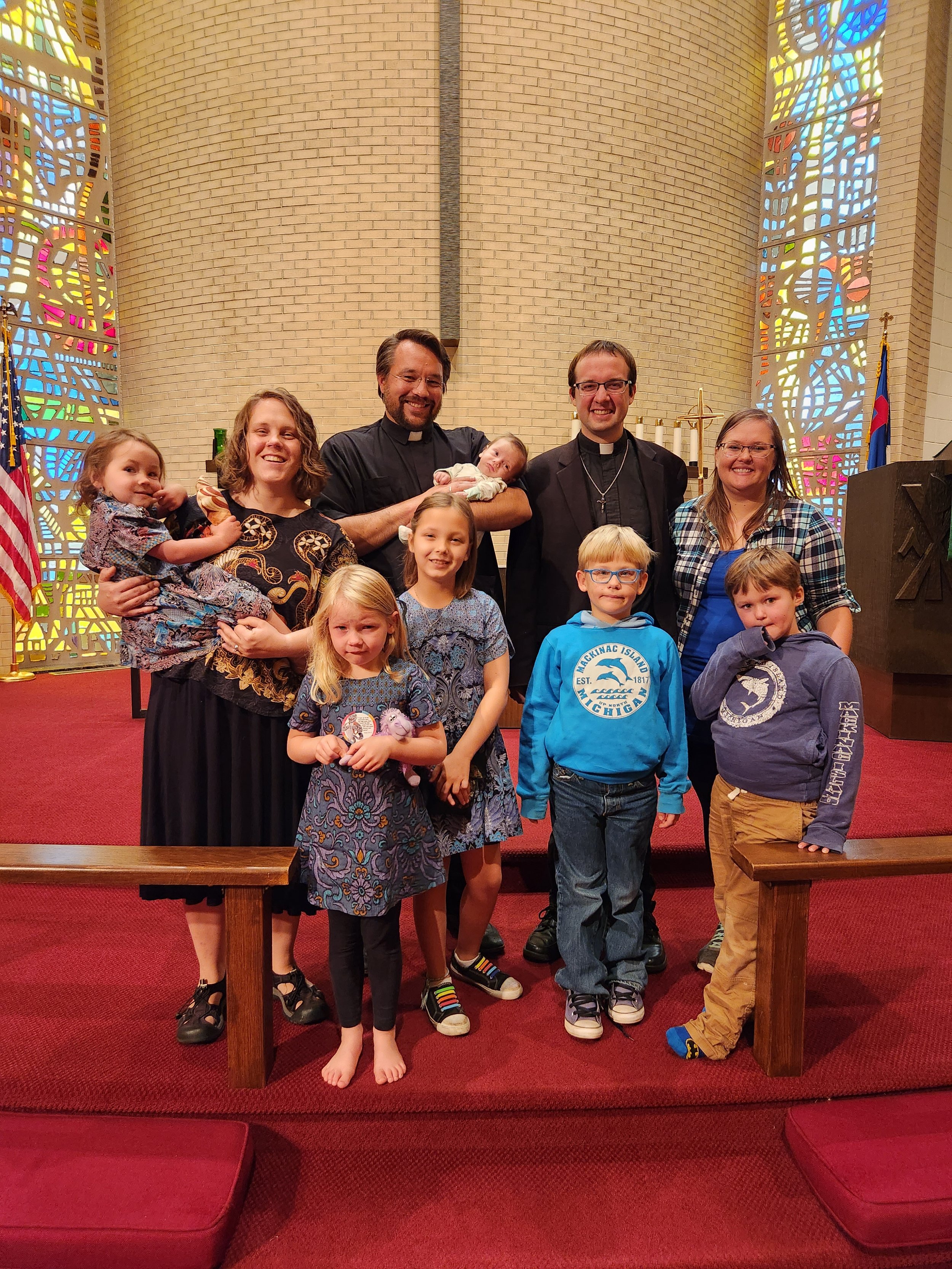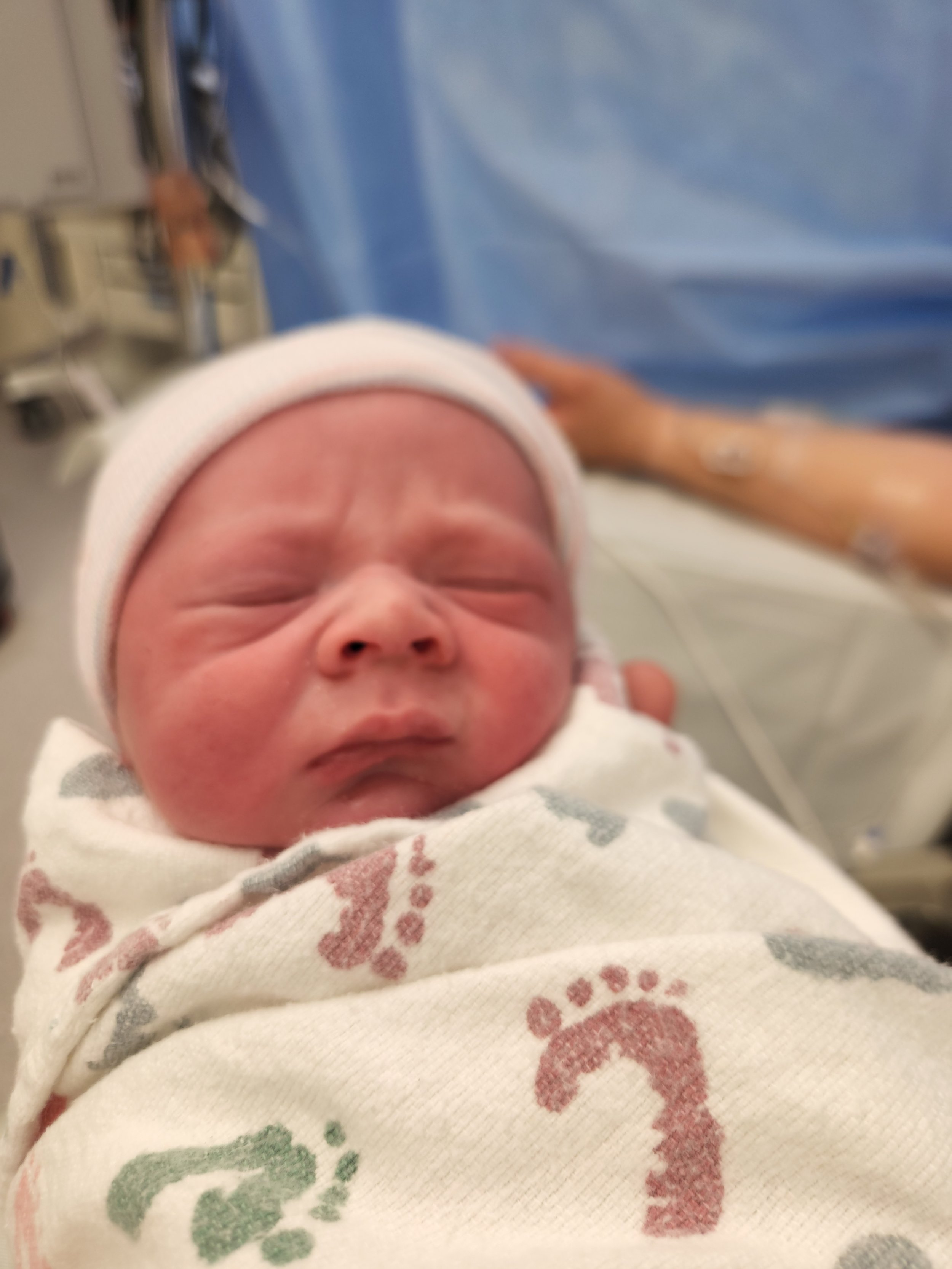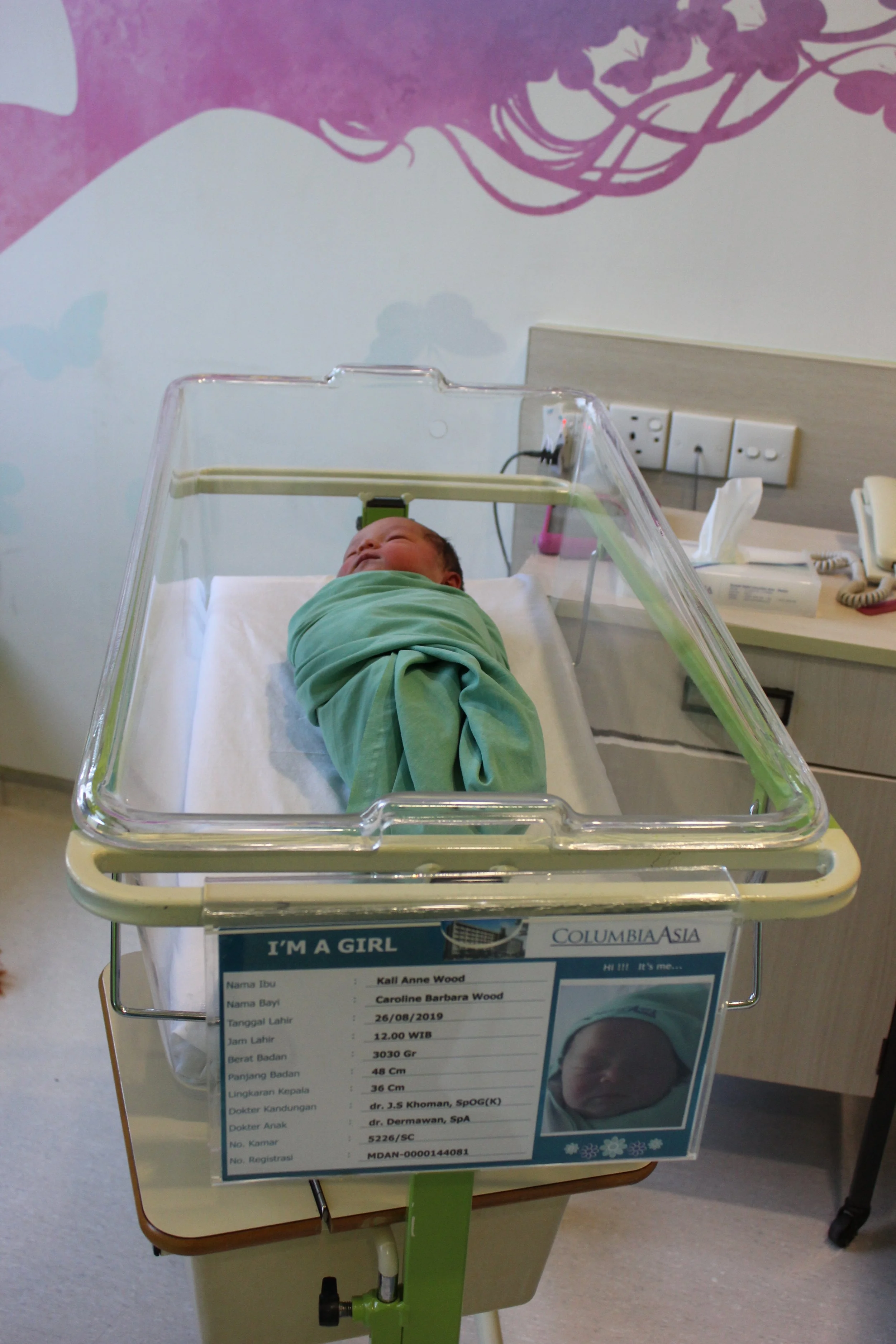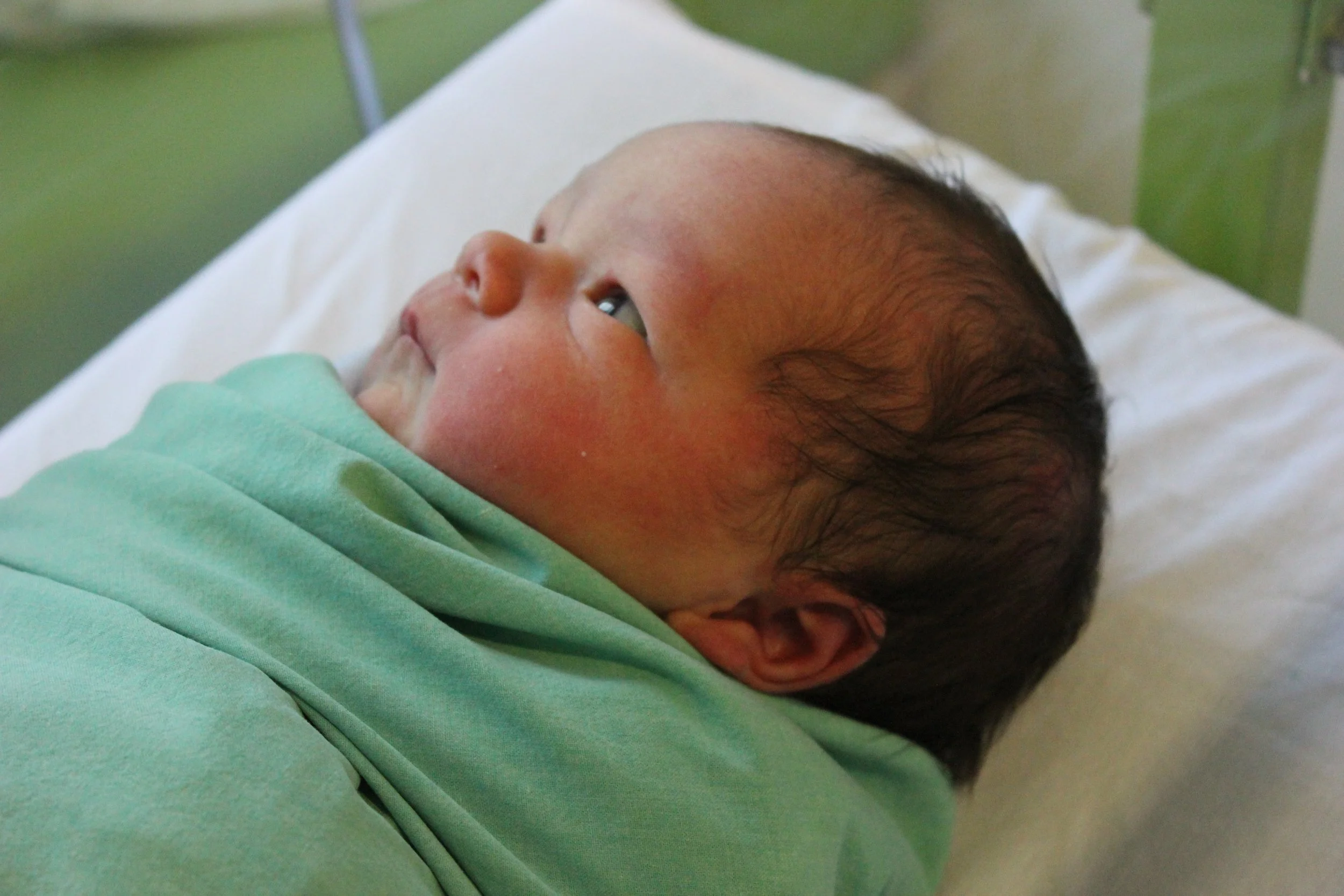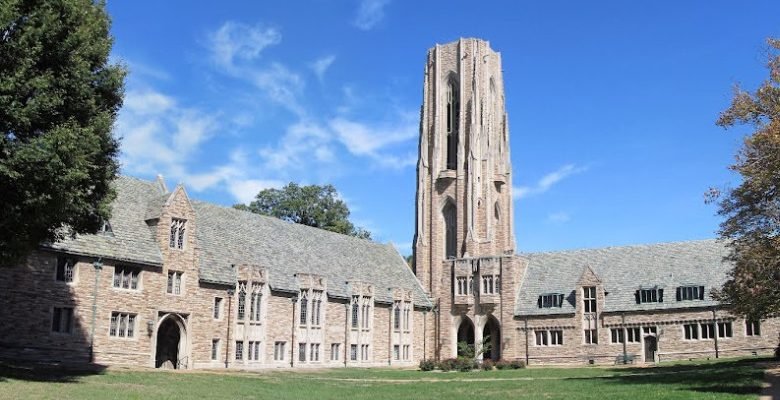Today’s topic is all about baking! While it may seem like a small topic to most, it’s near and dear to my heart. I LOVE baking! I love making treats for co-workers, for family gatherings, pizza for our weekly movie nights, and especially decorating cakes for my kiddos’ birthdays.
After we moved here, baking was a challenge. We had an extra large toaster oven, which would just fit a 9x13 pan and took some practice to bake things just right. Recently we bought a proper gas oven. It even has 2 shelves!!! Now I’m so used to my small electric toaster oven, that I have to re-learn how to use a full-sized gas oven.
Here’s my short list of challenges and benefits of baking here:
Challenges:
The heat causes buttercream frosting to lost it’s shape and melt.
The heat causes butter in cut-out cookies to soften too fast and they don’t keep their shape.
Ingredients can be difficult to find or are expensive.
The humidity and heat seem to cause baked goods to mold quickly.
Using the oven in my non-air-conditioned kitchen can feel like a furnace.
Benefits:
Bread and yeasted recipes rise quickly and beautifully.
Butter that needs to be softened will soften in minutes on the counter.
Palm sugar is a local, affordable alternative to brown sugar.
I’ve learned lots of tricks to work with the heat and humidity that I wouldn’t have known otherwise.
I get to experiment with local flavors (like Pandan, Coconut, and Banana) in my baking.
Overall, it has been a fun experiment finding out what works and what doesn’t here. I’m thankful for my friends here who have shared their tips and tricks. Laurel has become quite the little baker. She thoroughly enjoys making bread, brownies, cookies, pizza dough and chocolate cake. I thoroughly enjoy having a responsible child who can help with these things.

















